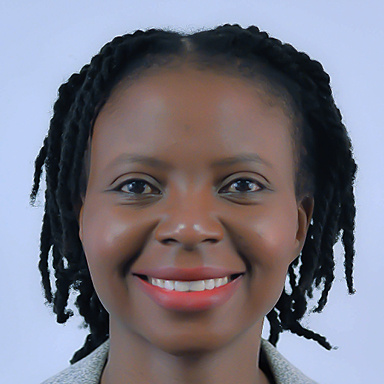Early detection of skin cancer can prevent it from spreading to other areas of your body. That’s why it’s vital to see a dermatologist for a skin cancer check before any warning signs worsen.
South Africa has some of the highest rates of skin cancer globally, largely due to intense ultraviolet (UV) radiation. According to the Cancer Association of South Africa (CANSA), UV rays are the primary cause of skin cancer. However, it is one of the most treatable cancers when caught early.
That's why it's important to see your doctor for a skin check. While seeing a dermatologist is ideal, any doctor trained to recognise skin concerns can perform an initial assessment. If they notice anything concerning or are uncertain about a lesion, they will refer you to a specialist for further evaluation.
When to consider skin cancer screening
Dr Matete Mathobela, a dermatologist at Mediclinic Cape Gate, says everyone should have regular skin cancer screenings, particularly if you have a first-degree relative such as a parent or a sibling who has a history of skin cancer, or if you have a lot of moles.
“Other good reasons for regular screenings include if you have had a previous personal history with skin cancer, you’re taking immunosuppressive medications, or you spend a lot of time in the sun. If you’ve noticed a new suspicious mole, an unusual-looking skin lesion, or changes in pre-existing lesions, get them checked out as soon as possible. Everyone should perform self-checks at home and see a dermatologist at the first sign of a suspicious lesion.”
Dr Mathobela says doing self-checks at home can help you spot potential warning signs, such as:
- Changes in a mole’s shape or colour, including a rapid increase in size or a new lesion that looks different from the others.
- Lesions that are constantly scabbing or bleeding and never heal.
- Changes in sensation or pain associated with a lesion that was never painful previously.
Ask a partner or family member to check parts of your body that are difficult to see yourself, such as your back, and the back of your neck, legs, and knees.
After an initial consultation, a dermatologist will assess your risk profile. They’ll advise you how often you need to return for a skin screening, based on your age, amount of sun damage and previous history of skin cancer.
What a skin screening involves
Your dermatologist will take your personal and family history of skin exposure and previous skin cancer incidences. They will also take your medical history, including any medications you’re taking.
The dermatologist will then examine your entire body from head to toe using a dermatoscope or “mole mapper”, explains Dr Mathobela. This is a handheld magnifying device used to look closely at the skin, including in unexpected places, like the soles of your feet.
The length of the examination depends on the condition of your skin. It’s normally a painless procedure, but if a suspicious lesion needs to be biopsied, your doctor will remove a small amount of skin under local anaesthetic. This tissue is analysed within a few days.
What types of skin cancer can be detected?
“All types of skin cancers can be detected in a skin cancer screening,” says Dr Mathobela. Basal cell carcinoma is the most common type of skin cancer and develops in the basal cells, which are found in the lower part of the outer skin layer. Squamous cell carcinoma starts in the squamous cells, located in the outer layer of your skin.
Melanoma forms in melanocytes, the cells that produce the brown pigment (melanin) in your skin, which helps protect against some of the sun's harmful UV rays. Melanoma is the most serious form of skin cancer because it can spread to other parts of the body.
When detected early, skin cancers can be treated by an excision, preferably by using Mohs, a micrographic surgical technique to remove the skin cancer. “If the Mohs is successful, there is usually no need for chemotherapy or radiation,” says Dr Mathobela.
- To book a skin cancer screening, contact our Mediclinic Engagement Centre via WhatsApp 087 240 6367 or click here for alternative contact options.
Further publications on the topic
Doctors 1


